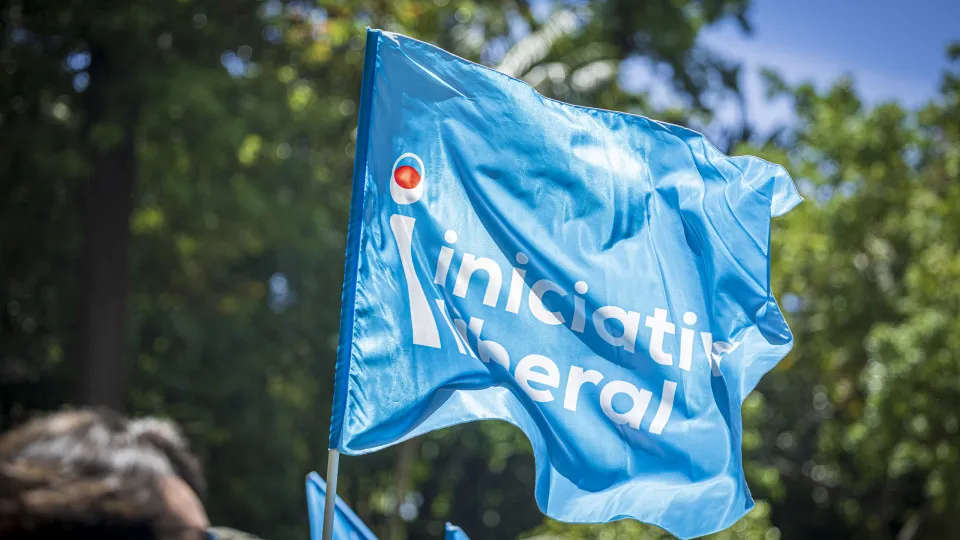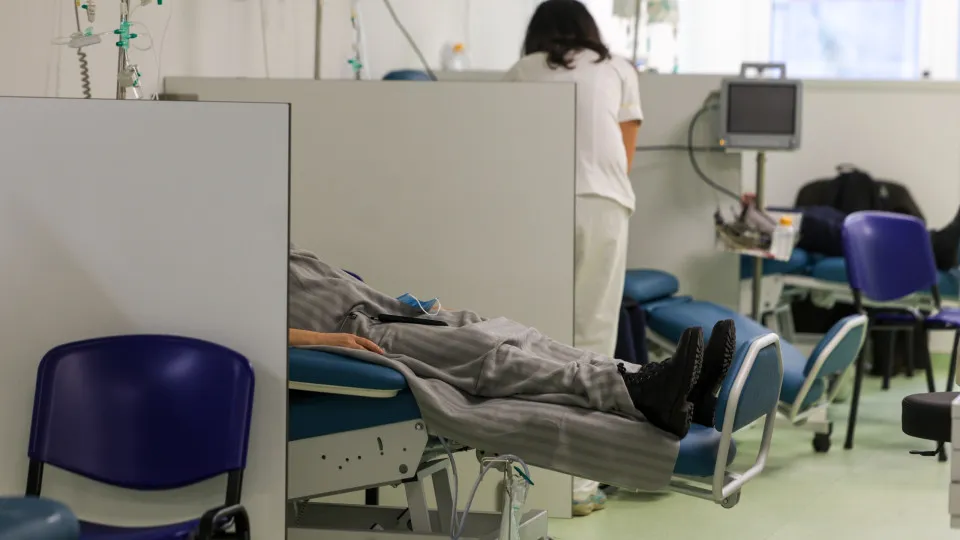
In an interview, Pierre Arden expressed, “The idea is to start on the Lisbon scale and then move to other countries like a musical circus of the Portuguese language.”
The initiative will bring together representatives from Portugal, Brazil, Cape Verde, Angola, Mozambique, Guinea-Bissau, and São Tomé and Príncipe, promoting music that makes them “delightfully different,” he added.
For the Luso-Brazilian musician and host of the Rua Das Pretas musical gatherings, the festival’s first edition is a “journey” to “connect these three continents, which share a linguistic home, exchanging rhythmic influences, linguistic mutation, and the sound of the language.”
Pierre Arden mentioned that this vision had been long-held, noting that “Rua Das Pretas was a testing ground.”
Inspired by artists such as Tom Jobim, João Gilberto, Amália Rodrigues, and Cesária Évora, the musician and producer aims for their works to intermingle with emerging new sounds.
The goal is to “revive traditional music, the popular songbook, create and provoke in an atmosphere of implosion and sharing among Brazilians, Africans, and Portuguese,” he stated.
“We will showcase the importance of these masters and create an alternative market that allows new and older generations to come together in an exchange of knowledge, with samba, fados, and morna. It’s about transcending music and exploring the history of a people who have blended and enriched the language uniting the three continents, making us delightfully different,” he said.
Pierre Arden expressed his gratitude for “finally” gathering support to “walk alongside the community and make Lisbon a sound art gallery, protecting indigenous music and narratives.”
Without announcing any major names or headliners yet, the musician teased some of the rhythms of TOM’s first edition, promising much more than concerts: electric music, street parades, creative workshops, and lectures that will “flood” Lisbon.
“We become richer with each new word, each new accent; it’s important to show that language comes before the flag, like a mobile sound library that we hope will succeed, so after Lisbon, Maputo or Rio de Janeiro can celebrate the capital of the Portuguese language,” said the artist, who “claims as his own each land he steps on.”
Regarding the 30th anniversary of the CPLP in 2026, he called it “a coincidence,” emphasizing that “dates can be very cruel—they pass and are forgotten, and interest in the festival must continue.”
He admitted the choice of April was personal, saying, “It was my will; it’s a symbolic month to underline the freedom to come and go, and at a time when the world is so confusing, we must carry on with art—this is the great desire.”
Reacting to the festival’s name, he explained, after a pause and a smile: “TOM is Jobim, whom we wanted to honor; it’s having a melody without needing harmony, it’s communication, it’s a good tone,” aiming to “mix accents, play, and adapt.”
“TOM – Capital da Música de Língua Portuguesa” is set to open on April 7, 2026, and run until the end of the month.
On Monday, November 17, TOM will be presented at the Coliseu dos Recreios in Lisbon, featuring the Portuguese Language String Orchestra, Rua das Pretas (Brazil, Portugal, and Cape Verde), Ana Margarida Prado (Portugal), Kiko Horta and Sanfona Carioca (Brazil), Zulu (Cape Verde), and Clube do Choro de Brasília (Brazil).




